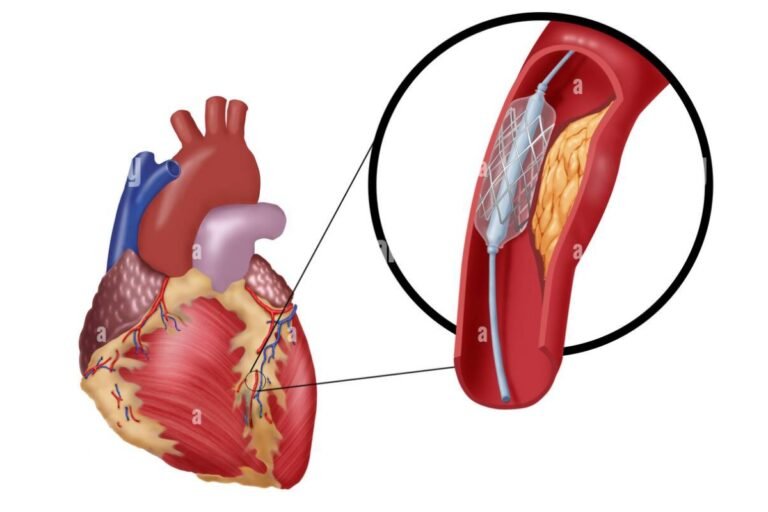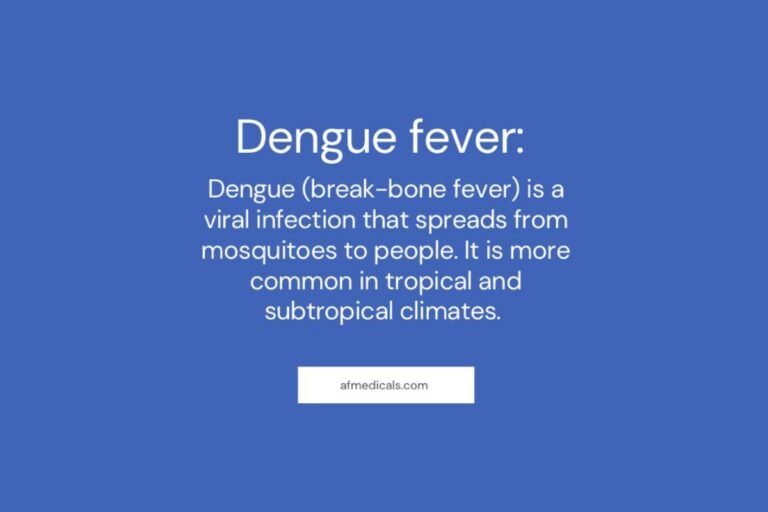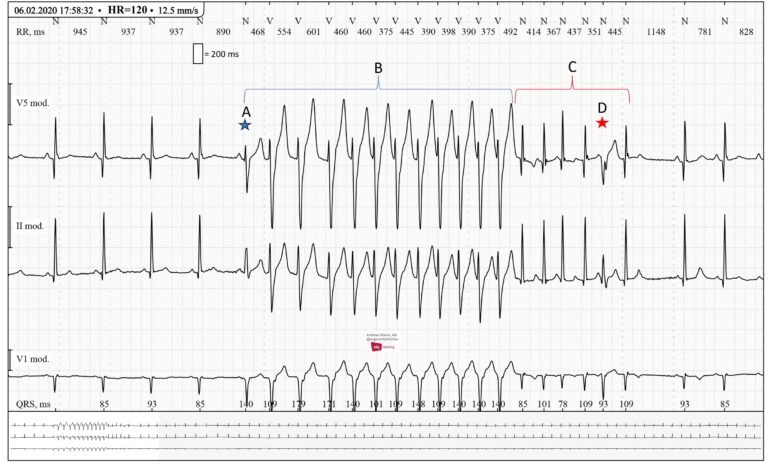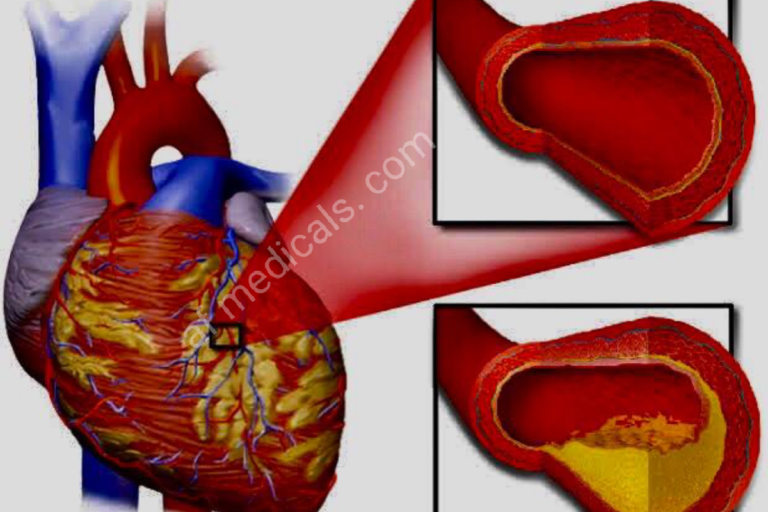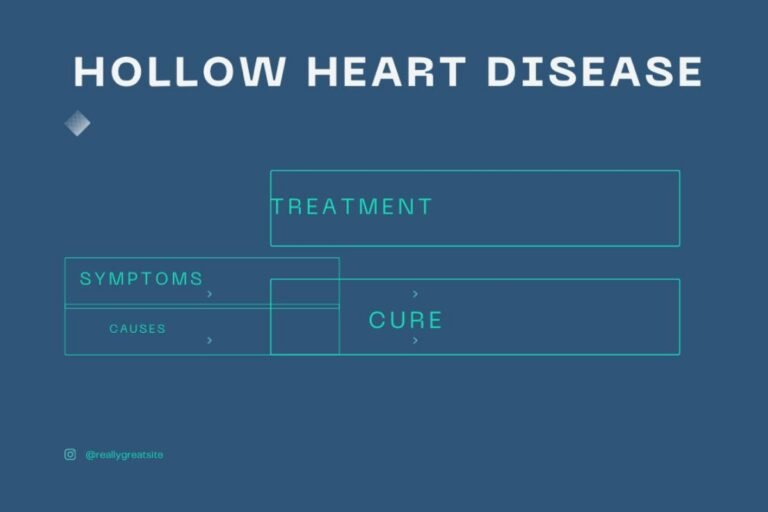Broken heart syndrome: Symptoms, Causes and Treatment:
Broken heart syndrome: Symptoms, Causes and Treatment:
Broken heart syndrome is a heart condition often triggered by stressful state extreme emotions, serious physical illness. Temporary Nature
While usually temporary, some individuals may continue to feel unwell even after the heart has healed.
People with broken heart syndrome may experience sudden chest severe pain similar to a heart attack. The syndrome affects only part of the heart, briefly interrupting its normal pumping work.
This, the rest of the heart continues to function normally, sometimes even contracting more forcefully.
Medications are used to manage the symptoms of broken heart syndrome.
Other Names:
Broken heart syndrome is also called
Stress of cardiomyopathy.
Recurrent cardiomyopathy.
Apical ballooning syndrome.
Name and discussion the type of broken heart syndrome:
Four type of broken heart syndrome:
Apical:
This is the most common type making up more than 70% of cases. It affects the lower half of your heart.
Mid-ventricular. This type affects the middle section of your heart’s lower chambers (ventricles). The affected area looks like a belt or ring around your heart. The areas of your heart above and below the belt still function as they should.
Basal:
Similar to mid-ventricular, the affected area looks like a ring or belt but is higher up. The area below the belt is the only area that functions normally. This type is very rare and makes up about 2% of cases.

Focal:
This is type , making up about 1% of cases, and it involves a much smaller area than the other types. The affected area forms a bulge that sticks out noticeably from the rest of your heart. The opposite side of your heart curves inward toward the bulge.
Symptoms of Broken Heart Syndrome:
Symptoms can mimic those of a heart attack and may consists
Chest pain.
Shortness of breath.
Medical Attention:
Any persistent chest pain could show a heart attack.
Call 911 or your local emergency number if you experience new or unexplained chest pain a very fast or irregular heartbeat or shortness of breath
Causes of broken heart syndrome:
The exact cause is unclear but it is believed that a surge of stress hormones like adrenaline might temporarily very severely damage the heart in some people. The exact mechanism is not completely understood.
Potential Factors:
Temporary constriction of the heart, large or small arteries and changes in the heart muscle structure may contribute to broken heart syndrome.
Intense physical or emotional events often precede broken heart syndrome: sudden illness, major surgery, a sudden broken bone, the death of a loved one, a strong argument, or other losses.
Rare Triggers
Rarely certain medications or illegal drugs can lead to broken heart syndrome, including emergency medicines for severe allergic reactions or asthma, some anxiety medications, nasal decongestants, and illegal stimulants like methamphetamine and cocaine.
It’s important to inform your healthcare team about all medications, including over-the-counter and recreational drugs, and to discuss potential risks and side effects when starting a new medication.
A heart attack is typically caused by a complete or near-complete blockage of a heart artery, while broken heart syndrome does not involve blocked arteries.
Blood Flow In broken heart syndrome, the arteries of the heart are not blocked, but there may be a temporary reduction in blood flow
Risk factors for broken heart syndrome consists:
Sex problem: Broken heart syndrome is more common in women
Age Most people who have broken heart syndrome are older than 40
Mental health conditions or state
People who have had or have anxiety or depression may have a higher risk of broken heart syndrome.
Complications:

Most people who have broken heart syndrome quickly recover and usually don’t have long-lasting effects.
Rarely broken heart syndrome can cause death.
Complications of broken heart syndrome include:
Backup of fluid into the lungs, called pulmonary edema.
Low blood pressure.
Prevention of broken heart syndrome:
To prevent another episode of broken heart syndrome many healthcare professionals suggested long-term treatment with beta blockers. These medicines block the potentially harmful effects of stress hormones on the heart.
*Having chronic stress may increase the risk of broken heart syndrome. Taking steps to manage emotional stress can improve heart health and may help prevent broken heart syndrome. Some ways to reduce and manage stress include:
Get more exercise.
Practice mindfulness.
Connect with others in support groups.


